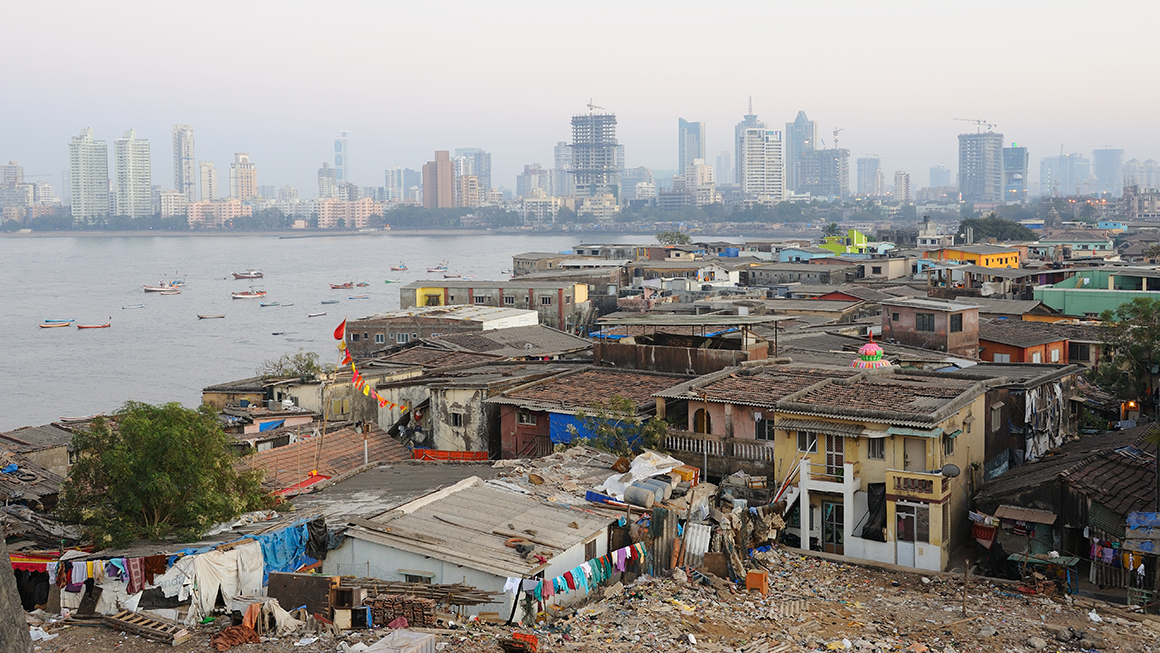
In an urbanizing world beset by climate change and the rapid spread of infectious diseases, urban resilience—or “the capacity of a city’s systems, businesses, institutions, communities, and individuals to survive, adapt, and grow, no matter what chronic stresses and acute shocks they experience,” according to the Resilient Cities Network—has emerged as a key priority within global development.
A crucial aspect of a resilient city is a sustainable, equitable, and adaptable health system that adequately addresses individual and community-level health needs. Indeed, a healthy population is a prerequisite for economic and social well-being and is essential for urban areas to successfully mitigate and manage shocks and stressors.
Adopting a resilience-based approach can create a health system that plans for and manages risks, leverages cross-sector relationships, builds system capacity, responds and adapts to new challenges, and ultimately improves health outcomes.
Health systems must be resilient in the face of many risks
Many of the shocks and stressors cities face ultimately affect human health. Changing climate and weather patterns can increase transmitters of dengue, malaria, and other infectious diseases and can increase the risk and health consequences of severe weather events such as extreme floods, droughts, and heat waves. Vulnerable individuals and communities, particularly those living in urban informal settlements, experience these effects much more than those with less exposure and increased access to resources.
These challenges can compound. Inequitable patterns of development and access to resources have contributed to the differential effects of the COVID-19 pandemic. Similarly, climate change and the destruction of natural habitats adjacent to growing cities has increased human interactions with undomesticated animals and the likelihood of an infectious diseases spreading to humans.
If health systems aren’t resilient to these and other shocks, the ripple effects could negatively affect individual and community well-being, economic growth, and political stability. The 2014–15 Ebola outbreak in West Africa, the spread of disease in Malawi following Tropical Storm Ana in early 2022, and the ongoing, uneven effects of the COVID-19 pandemic demonstrate the consequences of lessened capacity to minimize the negative health effects of shocks and stressors. Understanding risks and identifying strategies to mitigate, manage, and recover from shocks are key to building resilient urban health systems and urban resilience more broadly.
Compared with rural communities, the density of urban environments presents different challenges and opportunities. Rapid urbanization in most developing countries over the coming decades, notably countries in sub-Saharan Africa, underscores the need to build an effective, inclusive vision for resilient urban health systems.
A resilience lens can surface crucial health system needs
Taking a broader view of health is key to building resilience and, ultimately, improving health outcomes. This view includes accounting for how health influences and is influenced by other sectors. The quality and comprehensiveness of basic services (e.g., water, solid waste management, and drainage), environmental conditions (e.g., air pollution), social infrastructure (e.g., housing and education), and other determinants heavily influence health outcomes (PDF). This influence means the effectiveness and resilience of a health system depends on interlinked institutional sectors (PDF). By viewing other sectors through a health-centered lens, promoting health in all policies, and engaging nontraditional stakeholders like employers and urban planners, local governments can align efforts, strengthen system resilience, and advance health outcomes.
A resilient system is capable of identifying and managing risks, and the activities needed to build health resilience resemble many of the steps already being taken to strengthen health systems. But it’s inaccurate to interpret resilience as simply a repackaging of risk management and technical capacity building.
Resilience centers on the institutions, policies, relationships, and practices that reinforce each other and create a system that can better withstand severe stresses and respond to increasingly complex challenges. Resilience also involves a greater recognition of cross-sector links and identifying which of those links need the most attention.
Strengthening health resilience offers a holistic way of thinking about problems and solutions. It engages more (and nontraditional) stakeholders, unlocks a larger set of tools, and enables a more dynamic approach to risk planning. But viewing sectors through a resilience lens is insufficient if there aren’t follow-through and funding and if decisionmaking remains siloed. Resilience can help surface critical needs, but policymakers and investors need to work together toward more sustainable, flexible, and adaptable solutions.
Let’s build a future where everyone, everywhere has the opportunity and power to thrive
Urban is more determined than ever to partner with changemakers to unlock opportunities that give people across the country a fair shot at reaching their fullest potential. Invest in Urban to power this type of work.